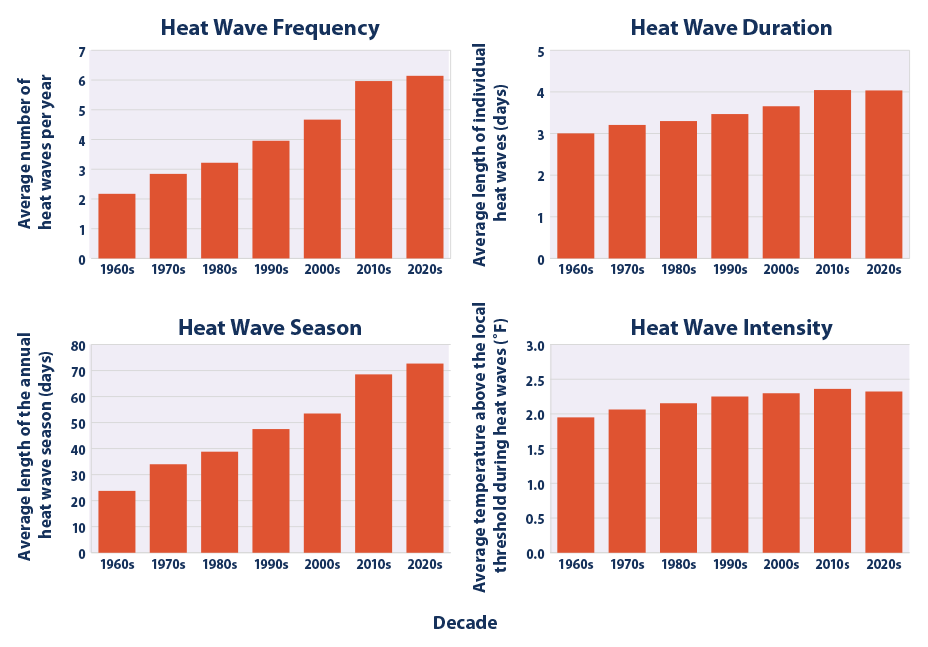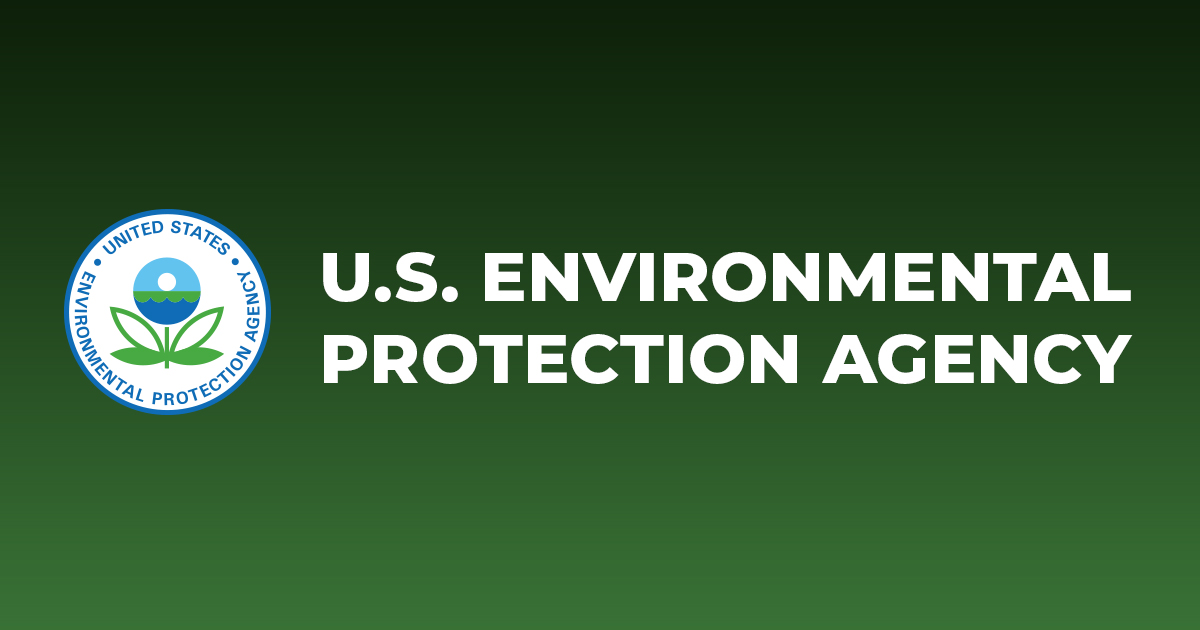HikerGuy83
Diamond Member
- Dec 26, 2021
- 11,491
- 8,781
- 2,138
I don't pay much attention to this topic simply because I don't have the time to sort the fact from the fiction. Additionally, the whole thing suffers from decades of shrill drama and dire predictions that didn't happen (following Katrina, the global warming community said we'd being seeing more of the same on a regular basis....and we didn't).
I see arguments over temperature graphs and who lied and who said what.
I see arguments over sea levels and ice content of glaciers. Data is seemingly disputed (which seems really odd to me) and, of course, conclusions or projections are very ominous on the part of the global warming community. My news feeds are filled with global warming doom.
In my estimation, one of the worst things that the global warming community did was to let Al Gore be their spokesperson. Al could have been 100% correct (I don't know how correct he turned out to be), but Al was a politician and a polarizing one at that. He also comes across in a very bad way. So, you take a highly visible career politician and he puts out a film on global warming.
That doesn't work. And it didn't. I hear people rail on it and I ask what was in it and they can't tell me. They just know they didn't like Al Gore and that was it.
What I posted was above (in terms of links) is just a smattering of what is out there.
I recently scanned an article where we are, once again, talking about tipping points.
'We are hitting climate tipping points,' scientists warn – DW – 07/28/2021 (from 2021)
You also have movies like the Day after that are super dire predictions. Which tend to turn a lot of people off (if this was supposed to be some kind of wake-up call, it failed).
On the other hand, you have a range of reactions from those who don't believe that this is an issue (or not an issue we can deal with).
They include:
1. The scientists are lying.
2. The scientists just want more funding.
3. The economic consequences of doing something are not viable
4. Why do anything if China and India are not going to do something ?
I honestly have not landed on a position.
I am a skeptic (Al Gore, who I detest, didn't help things). But I also know this could be real.
It feels like we are arguing two extremes.....on one hand we need to do do extreme (see below) on the other....there is no crisis.
You would think reasonable people could figure out what the real truth is.
This is what was from one of the articles I cited and represents (in many ways) the approach that gets them labeled "Chicken Little"
Researchers reiterated calls for transformative change, listing three main emergency responses in the immediate term:
Phasing out and eliminating fossil fuels
Scientists also urged slashing pollutants, stabilizing the human population and switching to plant-based diets.
"We need to stop treating the climate emergency as a standalone issue — global heating is not the sole symptom of our stressed Earth system," said William Ripple, a lead author of the study and professor of ecology at Oregon State University's College of Forestry.
"Policies to combat the climate crisis or any other symptoms should address their root cause: human overexploitation of the planet."
(Cont'd)
I see arguments over temperature graphs and who lied and who said what.
I see arguments over sea levels and ice content of glaciers. Data is seemingly disputed (which seems really odd to me) and, of course, conclusions or projections are very ominous on the part of the global warming community. My news feeds are filled with global warming doom.
MSN
www.msn.com
MSN
www.msn.com
MSN
www.msn.com
MSN
www.msn.com
In my estimation, one of the worst things that the global warming community did was to let Al Gore be their spokesperson. Al could have been 100% correct (I don't know how correct he turned out to be), but Al was a politician and a polarizing one at that. He also comes across in a very bad way. So, you take a highly visible career politician and he puts out a film on global warming.
That doesn't work. And it didn't. I hear people rail on it and I ask what was in it and they can't tell me. They just know they didn't like Al Gore and that was it.
What I posted was above (in terms of links) is just a smattering of what is out there.
I recently scanned an article where we are, once again, talking about tipping points.
Bloomberg - Are you a robot?
www.bloomberg.com
'We are hitting climate tipping points,' scientists warn – DW – 07/28/2021 (from 2021)
You also have movies like the Day after that are super dire predictions. Which tend to turn a lot of people off (if this was supposed to be some kind of wake-up call, it failed).
On the other hand, you have a range of reactions from those who don't believe that this is an issue (or not an issue we can deal with).
They include:
1. The scientists are lying.
2. The scientists just want more funding.
3. The economic consequences of doing something are not viable
4. Why do anything if China and India are not going to do something ?
I honestly have not landed on a position.
I am a skeptic (Al Gore, who I detest, didn't help things). But I also know this could be real.
It feels like we are arguing two extremes.....on one hand we need to do do extreme (see below) on the other....there is no crisis.
You would think reasonable people could figure out what the real truth is.
This is what was from one of the articles I cited and represents (in many ways) the approach that gets them labeled "Chicken Little"
Researchers reiterated calls for transformative change, listing three main emergency responses in the immediate term:
Phasing out and eliminating fossil fuels
- Implementing "a significant carbon price"
- Restoring ecosystems such as carbon sinks and biodiversity hotspots
Scientists also urged slashing pollutants, stabilizing the human population and switching to plant-based diets.
"We need to stop treating the climate emergency as a standalone issue — global heating is not the sole symptom of our stressed Earth system," said William Ripple, a lead author of the study and professor of ecology at Oregon State University's College of Forestry.
"Policies to combat the climate crisis or any other symptoms should address their root cause: human overexploitation of the planet."
(Cont'd)

